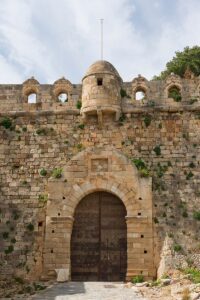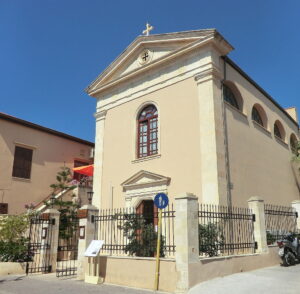Rethymno
A city of living History...
A few words about Rethymno
This region as a whole is rich with ancient history, most notably through the Minoan civilisation centred at Knossos east of Rethymno. Rethymno was originally built during the Minoan civilization (ancient Rhithymna and Arsinoe). The city was prominent enough to mint its own coins and maintain urban growth. One of these coins is today depicted as the crest of the town: two dolphins in a circle.
The city’s Venetian-era citadel, the Fortezza of Rethymno, is one of the best-preserved castles in Crete.
Other monuments include the Neradje Mosque (the Municipal Odeon arts centre), the Great Gate (Μεγάλη Πόρτα or “Porta Guora”), the Piazza Rimondi and the Loggia.
The town still maintains its old aristocratic appearance, with its buildings dating from the 16th century, arched doorways, stone staircases, Byzantine and Hellenic-Roman remains, the small Venetian harbour and narrow streets. The Venetian Loggia houses the information office of the Ministry of Culture and Sports.
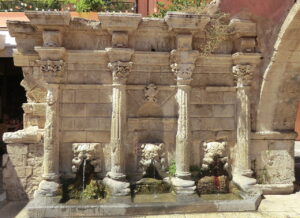
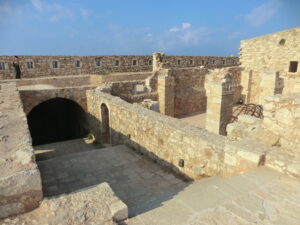
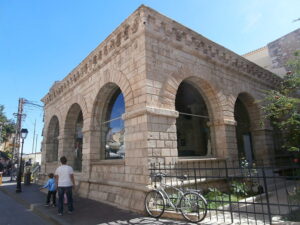
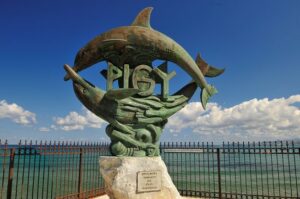
Rethymno itself began a period of growth when the Venetian conquerors of the island decided to put an intermediate commercial station between Heraklion and Chania, acquiring its own bishop and nobility in the process. Today’s old town (palia poli) was almost entirely built by the Republic of Venice. It is one of the best-preserved old towns in Crete.
From circa 1250 the city was the seat of the Latin Diocese of Retimo, which was renamed Retimo–Ario after the absorption in 1551 of the Diocese of Ario and as suppressed only after the Turkish conquest.
A Wine Festival is held there annually at the beginning of July. Another festival, in memory of the destruction of the Arkadi Monastery, is held on 7–8 November.
The town was captured by the Ottoman Empire in 1646 during the Cretan War (1645–69) and they ruled it for almost three centuries. The town, called Resmo in Turkish, was the centre of a sanjak (administrative part of a province) during Ottoman rule.
